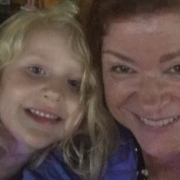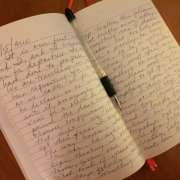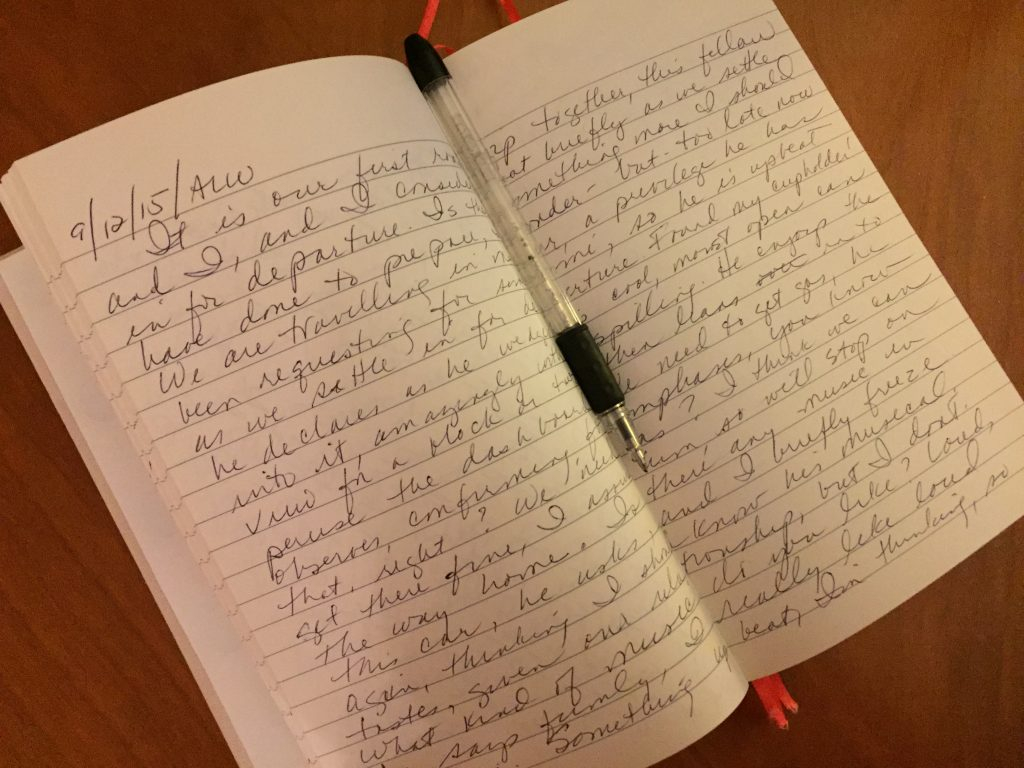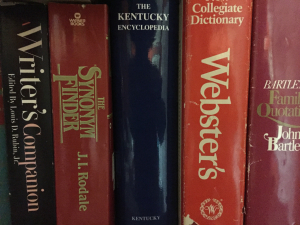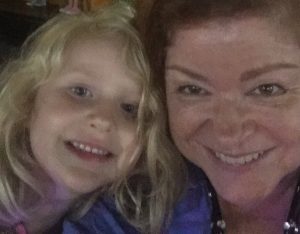
You wouldn’t hear much these days about the Seven Deadly Sins, unless some aspiring social media “influencer” transformed them into Seven Deadly Sins that will Hamper Your Career—or some other impossibly simplified, allegedly self-helping pablum that was then shared on some garbage-filled social channel, receiving “likes” from thousands.
Well. I’ve already digressed, and we’re just getting started.
Returning now to our regularly scheduled program: I recently got reacquainted with one of the Super Seven, we might call them. Her name is Envy.
There was a time, not long ago, when Envy visited regularly, and I got to know her pretty well. You might know someone like her. Envy never fights her impossibly curly hair. She eats the occasional donut, yet never gains weight. She has a doting and faithful husband who laughs at her jokes, regularly brings home a paycheck, and will share in-depth conversations about a favorite Americana artist. Envy drives a sexy, late-model convertible, and nothing ever goes wrong with it. She travels a couple of times a year to exotic, sunny locations with smiling family, leaving the rest of us to admire, or resent (depending on the day), her Facebook vacation photos
And Envy’s powers go deeper, to more important, heart-rending matters. She has all the time she wants to spend with her family, whenever she chooses or may be needed. Envy never endured the gut-wrenching realities of looking for a job, and she never has too much month at the end of her money. She is never afraid of being alone when she is old. Most importantly of all, Envy never lost an adored family member to cancer.
Yep, Envy hung around a lot, during some tough times, until gradually I got sick of her. Maybe certain life changes opened my eyes wider to the value of things I had not held dear enough, or perhaps other vices just demanded my immediate attention. Either way, I realized I hadn’t seen Envy in quite some time, when suddenly, a few weeks back, she returned. Unannounced.
It was time for a much-needed break from the office, when a friend at work mentioned she was taking off at the same time. “Taking my grandkids to the beach,” she crowed. “Rented a place right on the water, where we can walk to great restaurants. Going on to Disney World from there. I can’t wait.” Hope it’s a blast, I responded, not as cheerfully as I might have, beating a swift path down the hall and out of sight before she could ask me what i was doing with my vacation. The answer wasn’t going to sound like much, in comparison.
There are indeed many blessings in life these days, but a beachfront condo and Disney junket funded by me for me and the grandkids was not one of them—-at least (she qualifies, optimistic to the very end), not in present circumstances. So, I went back to my office for a private pout and the chance to wish in solitary self-pity that I could bestow such wonders. I shut the door and turned around to see Envy reclining easily in my chair, her high-heeled, embroidered yellow cowboy boots propped up on the desk.
Get out, I began, with less ferocity than I might have.
“I just dropped in to ask about your grandchildren,” she observed, in musical tones. “How are things going?”
Get out! This time, I shouted.
“Okey dokey,” she acquiesced, easing her way to the door. “But I expect we’ll bump into each other again soon.”
A few days later, it was time for a Vacation Day with G-Ma, 2017-style, and this year’s episode was strictly local. My daughter dropped off Sis for a day with me while her brother was off on a camp expedition, and we blasted off in pursuit of Fun on the Cheap. It started at the swimming pool, then progressed to lunch and a prolonged visit to the public library. From there, we sashayed over to a local joint that purveys the most divine popsicles, all made from fresh fruits and whole creams.
As outings with Sis tend to go, the day included a sprinkling of brief but acute tragedies. Her swim float sprung a leak at the pool, and later she went down forward on her elbows and knees on the library sidewalk, shedding a bit of blood and causing severe injury to her dignity. Let’s hope, I thought, that a popsicle has healing qualities.
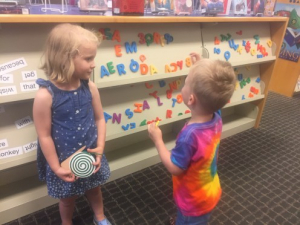
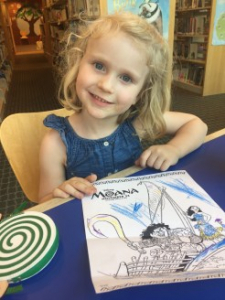
I parked outside the popsicle place and stood out in the sunshine, leaning in with an extended hand to help Sis hoist herself out of the booster seat in the back. As she pushed her four-year-old self upward and out, she delivered one of those smack-the-head, open-the-eyes moments. And I thought, not for the first time, that I should try as hard to learn from these children as I try to occasionally teach them a little something.
“This is the best day EVER,” she announced, hopping down onto the pavement. “We went swimming, and now we’re getting a popsicle….” She heaved a huge sigh of rapt anticipation, then inquired for the at least the third time, “What flavors do they have?”
I looked up for a brief second and noticed Envy sitting on one of the sun-dappled benches outside the popsicle store. She was watching us, laughing ironically and pointing her finger right at me. I leaned down to grab Sis’ hand, and when I looked up, she was strolling rapidly in the other direction, until she became a tiny dot on the horizon, then was gone.

